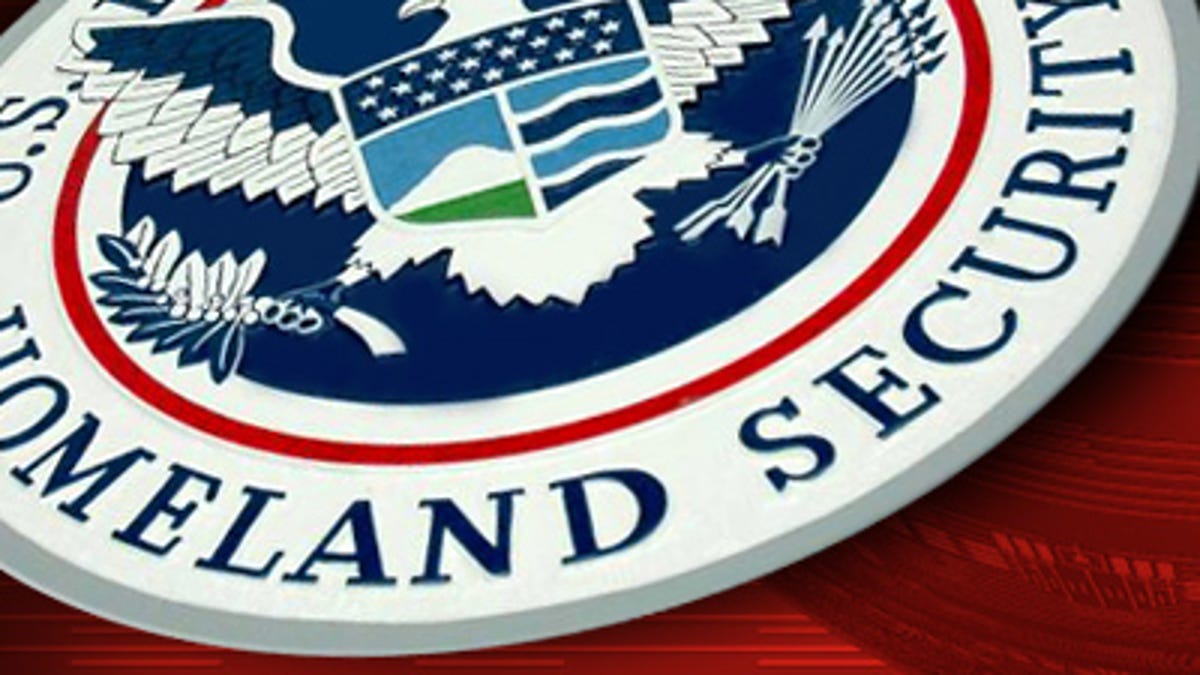Mozilla fights DHS over anti-MPAA, RIAA utility
Department of Homeland Security needs a court order to delete MafiaaFire browser plug-in that routes around seizures of domains suspected of copyright infringement.

No judge has ever declared a Firefox plug-in called MafiaaFire Redirector to be illegal. But that didn't stop the U.S. Department of Homeland Security from trying to censor it from the Web.
The Mozilla Foundation says DHS requested the removal of MafiaaFire, which describes itself as a utility that "automatically redirects you to the correct alternate site" if the main domain has been seized by the U.S. government.
Harvey Anderson, Mozilla's general counsel, told CNET today that the request from DHS was made over the phone. Anderson replied in writing, posing a list of questions in an April 19 e-mail, including this important one: "Is Mozilla legally obligated to disable the add-on?"
Anderson says DHS hasn't replied, and the plug-in has not been removed.
A DHS spokesman told CNET this afternoon that "ICE's Homeland Security Investigations does not comment publicly on our interaction with Internet intermediaries on intellectual property theft enforcement issues." ICE stands for the Immigration and Customs Enforcement division.
The reason DHS doesn't like the MafiaaFire plugin is obvious: It makes the government's tactic of seizing domain names less useful. FirstRow.net, Atdhe.net, and Torrent-Finder.com are among the domains seized on grounds that they're allegedly infringing copyrights of U.S. companies.
One response to a domain name seizure is, simply, to move to a new one, preferably in a top-level domain that can't be easily reached by DHS and the U.S. judicial system. That's what the popular sports video-streaming Web site, Atdhe.net, did after its domain went offline. It's now at Atdhenet.tv (and, just in case, Atdhe.me as well).
MafiaaFire helps to make this process a little easier by redirecting Firefox automatically to the replacement Web site. Its unflattering name arose out of a protest against the RIAA and MPAA--aka "the Music and Film Industry Association of America"--and the "mad-with-power ICE."
If a government official applies pressure on a private company to delete a file or document, that can raise constitutional and free speech issues. In the 1963 case known as Bantam Books v. Sullivan, the U.S. Supreme Court ruled that a commission's extra-judicial notification that some books or magazines were objectionable was an illegal "system of informal censorship."
"Whether the add-on is unlawful, or whether any speech is unlawful, is for the courts to determine, not for DHS to determine," says Aden Fine, staff attorney with the ACLU's Speech, Privacy and Technology Project. "Nobody from DHS should be going around trying to get speech removed from the Internet before a court decides."

